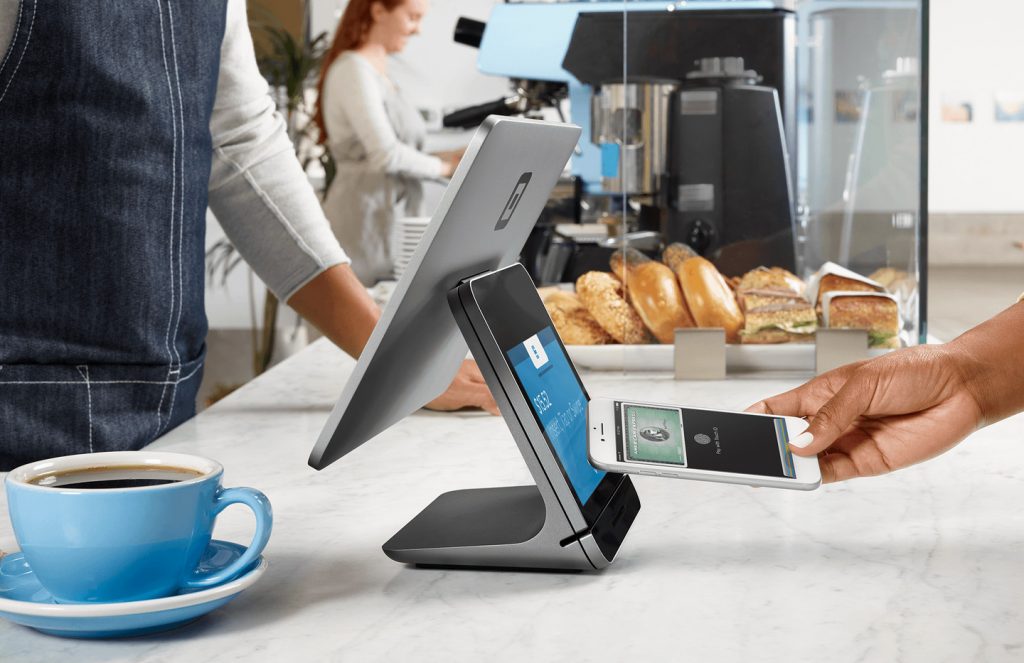Block Inc. posted double-digit increases in net income for its December quarter and for 2023, but its co-founder and chief executive let it be known late Thursday the company has work to do. “Across the board, we’ve been going through an exercise in how we work so we can move faster,” Jack Dorsey told equity analysts on a call to discuss Block’s quarterly earnings.
He cited a series of areas where he is pushing improvement at the San Francisco-based payments-technology company. These include moving faster to reach food-and-beverage clients for Square, the company’s point-of-sale product line. “We’ve been doing a reorganization of Square,” he noted, without adding detail. “That will eliminate a lot of issues we’ve had in the past.”
He didn’t list the issues, but said part of the work at Square could include a move to work with independent sales organizations, the entities that sell payments-acceptance to sellers on behalf of banks and processors. “We’re definitely open to this,” he said. “We tried this when we first started the company but it wasn’t that effective.” Dorsey took over direct supervision of Square in September following an outage that knocked out service for hours for an unspecified number of merchants. Square reported $53.5 billion in gross payment volume for the quarter, down $2.2 billion from the September quarter but up 10% year-over-year.

One other coming improvement is a rationalization of apps, Dorsey said. “Right now, we have four or five apps in the App Store. It’s pretty confusing,” he said. “We’re going back to one app called Square.”
As for Block’s other division, Cash App, the company is moving to position the mobile wallet as a substitute for “your bank,” Dorsey said. The foundation of this strategy, he added, is trust. “We want people to see Cash App as something they can trust with the full deposit of their paycheck,” Dorsey said. The app has reached 2 million active paycheck depositors so far, noted chief financial officer Amrita Ahuja on the call. The app claims 3 million active users overall as of December, up fully 50% from September, and $2.5 billion in gross payment volume.
One change in strategy with the app, though, is that “we are no longer focused on moving internationally now. The focus is on the U.S.,” Dorsey said, though he didn’t cite numbers for how many users of the app live overseas.
With the app’s growth, it has become a key factor in distributing Block’s buy now, pay later service, which is based on Afterpay, a BNPL platform the company acquired in 2021 for $29 billion. Here, Cash App Card is vital, Dorsey said, at the point of sale. For Cash App as a whole, “this will be a year of tighter integration,” Dorsey noted, citing the Afterpay integration as an example.
From its standing start two years ago, BNPL is now contributing 17% of Cash App’s gross profit, according to numbers Block released Thursday. The app’s financial services account for 38%, and instant deposit 29%, with other services, including Cash App’s Bitcoin wallet, accounting for the balance.
For the quarter, Block recorded a 24% year-over-year increase in revenue, to $5.77 billion. This number includes $2.52 billion in revenue from Bitcoin trading, up 38%. For the year, revenue grew 25%, to $21.9 billion. Revenue from Bitcoin accounted for 43% of the total. Block recorded net income of $157.8 million for the quarter, versus a $117.6 million net loss in the 2022 final quarter. For the year, the net loss totaled $21 million, down from $553 million in 2022.






